Partners
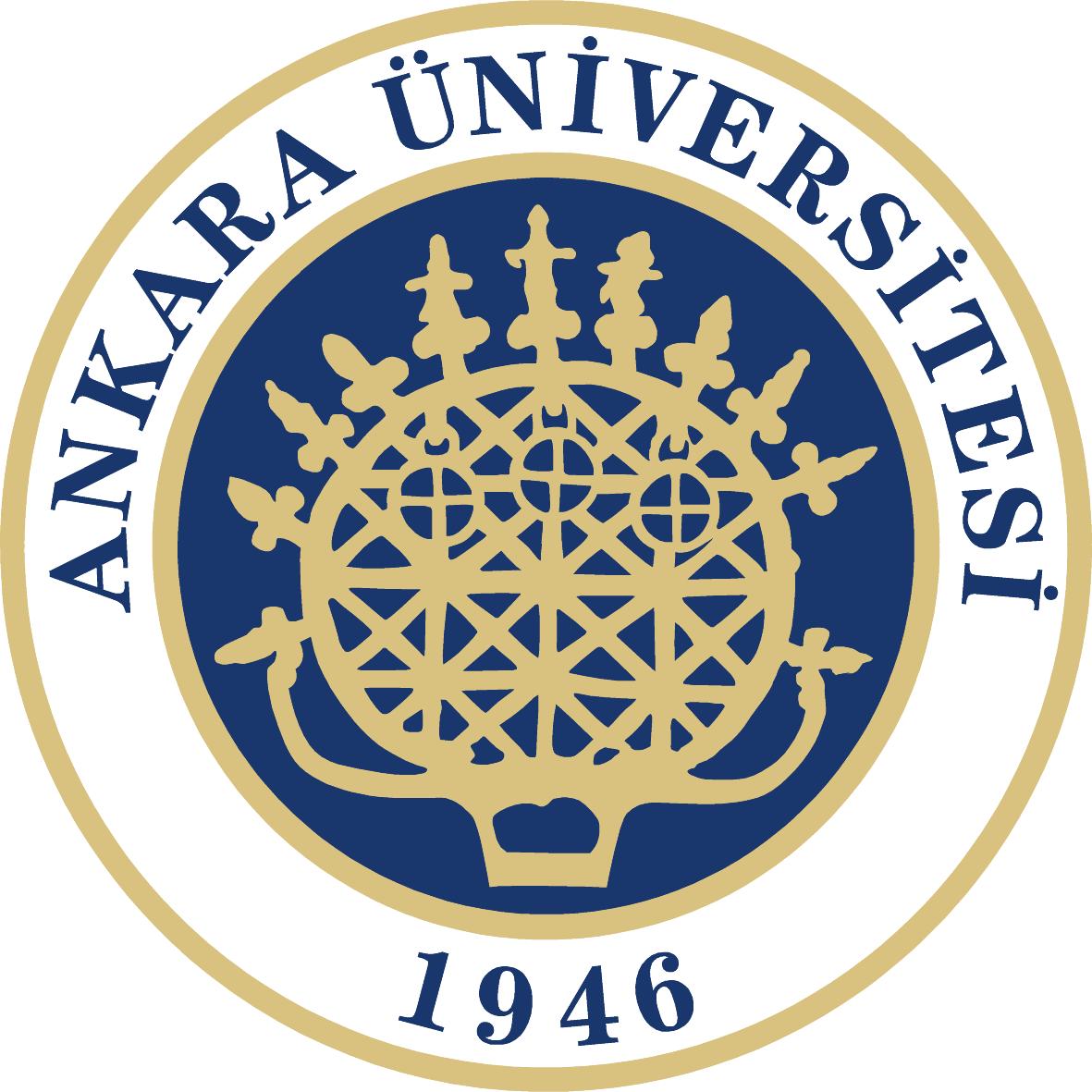 |
|---|
Ankara University – Türkiye [https://ankara.edu.tr]
Ankara University is one of the biggest universities in Türkiye and has over 500 agreements all over Europe universities. It was the first higher education institution founded in the Turkish Republic in 1946. Ankara University is a public university in Ankara, the capital city of Turkey and it has 19 faculties, 16 institutions, 14 vocational schools, a School of Foreign Languages, and a State Conservatory. It has over 80.000 students and around 4.000 researchers/lecturers. The mission of Ankara University is to educate individuals that will guide the society in the fields of science and arts through a universal perspective, and to contribute to the production of science, technology, and arts with its distinctive and qualified research. The main objective of Ankara University is to sustain its pioneering identity being the first university of the Republic of Turkey through its qualified scientific research and education studies and to be one of the most prestigious universities in the world. Ankara University has adopted transparency, justice, equality of opportunity and qualification as principles, as well as openness to improvement and change; it regards itself as thoroughly modernist and accepts variety as a form of intellectual wealth. Within this context, it encourages all its members to contribute to improvement and innovation and prepares the necessary ground for the sustainability of such contributions.
Project Team
Prof. Nevzat Özel (PhD) - (Project Coordinator) - Ankara University, Faculty of Language and History-Geography, Department of Information and Records Management
Instr. Onur Hoşnut - (Researcher) - Ankara University, Ankara University, Faculty of Political Sciences
Asst. Prof. Salih Demir (PhD) - (Researcher) - Ankara University, Faculty of Science, Department of Computer Science
Instr. Mehmet Ali Celikbağ - (Researcher) - Ankara University, Faculty of Open and Distance Education
Assoc. Prof. Denizer Yıldırım (PhD) - (Researcher) - Ankara University, Faculty of Open and Distance Education
Assoc. Prof. Hale Ilgaz (PhD) - (Researcher) - Ankara University, Faculty of Open and Distance Education
Assoc. Prof. Gülgün Afacan Adanır (PhD) - (Researcher) - Ankara University, Faculty of Open and Distance Education
Instr. Rabia Tekin Özel (PhD) - (Researcher) - Ankara Keçiören Aydınlıkevler High School
Instr. Özlem Dağ Tarcan (PhD) - (Researcher) - Ankara University, Faculty of Open and Distance Education
 |
|---|
Sofia University “St. Kliment Ohridski” – Bulgaria [https://www.uni-sofia.bg]
Sofia University “St. Kliment Ohridski” is the oldest school of higher education in Bulgaria, founded in 1888. Currently it has 16 faculties offering 96 bachelor’s degree programmes in total; 294 master’s degree programmes, as well as PhD programmes in 150 Accredited Scientific Majors, three independent departments, more than 18 specialised scientific centres and laboratories in various disciplines. The university has 1.700 academic staff and approximately 19,000 students.
Project Team
Prof. Milena Dobreva (PhD) – (Corporate Coordinator/Researcher) - Sofia University “St. Kliment Ohridski”, Department of Information Technologies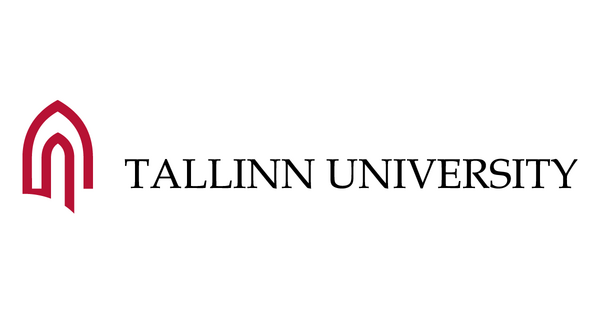 |
|---|
Tallinn University – Estonia [https://www.tlu.ee]
Tallinn University (TU) is the third biggest public university in Estonia. It has more than 8.000 students (with 5.5% of them international), and over 900 employees, including over 400 researchers and lecturers. Wishing to contribute more to the society, it has set a goal to become the promoter of intelligent lifestyle in Estonia. The University interpret intelligent lifestyle as making research-based decisions in order to improve the society in general and the well-being of its citizens. In its activities, the university adheres to the following basic values - openness, quality, professionalism, and unity. In the past 10 years, Tallinn University has merged a number of study and research institutions. This has significantly widened the scope of the responsibility the university holds, starting from teacher education and ending with choreography. TU has five interdisciplinary focus fields: educational innovation, digital and media culture, cultural competences, healthy and sustainable lifestyle and society and open governance. From 1st September 2015 each focus field is represented by a separate School, wherein the School of Digital Technologies supports the rest with digital technologies and analytics. The University also have two regional colleges, one in Rakvere and the other in Haapsalu. Achievement of the strategic goal is supported by interdisciplinarity, internationalisation, assertiveness, and sustainability. TU has an extensive experience working with educational innovation and from 1994 it has been a centre of development and research in the field of ICT based learning in Estonia.
Project Team
Prof. Sirje Virkus (PhD) - (Corporate Coordinator/Researcher) - Tallinn University, School of Digital Technologies
Assoc. Prof. Aira Lepik (PhD) - (Researcher) - Tallinn University, School of Digital Technologies
Lect. Merle Laurits – (Researcher) - Tallinn University, School of Digital Technologies
Anlst. Sigrid Mandre – (Researcher) - Tallinn University, School of Digital Technologies
Spec. Helen Kuldkepp – (Researcher) - Tallinn University, School of Digital Technologies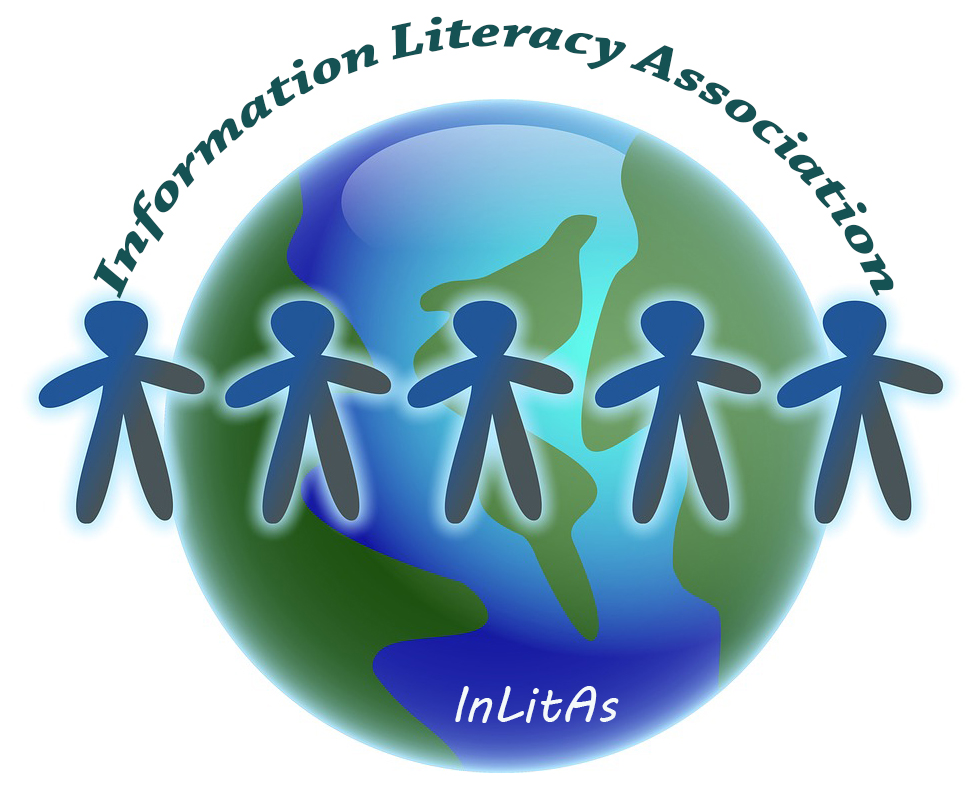 |
|---|
Information Literacy Association (InLitAs) – France [https://inlitas.org]
InLitAs is a non-profit organization. The association, with an international scope, aims to promote Information Literacy and to develop scientific research, whether fundamental or applied, in this domain. The concept of information literacy covers several competences such as media literacy, digital literacy, data literacy as well as all forms of literacy related to information. The association bring together different types of audience: Researchers, teachers, trainers, information specialists, media specialists from around the world.
Project Team
Prof. Joumana Boustany (PhD) – (Corporate Coordinator/Researcher) - Information Literacy Association
Prof. Serap Kurbanoğlu (PhD) – (Researcher) - Information Literacy Association
Mina Bounoua – (Researcher) - Information Literacy Association
Asmaa Henni – (Researcher) - Information Literacy Association
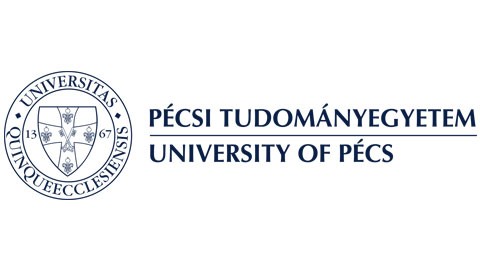 |
|---|
University of Pécs – Hungary [https://pte.hu]
The University of Pécs with its 22.000 students, with almost 5.000 international students, with 1.700 lecturers and researchers, with its 10 faculties is one of the largest higher education institutions in Hungary and the centre of knowledge within the Transdanubian region. Its roots date back to 1367. The Library and Information Science Department in University of Pécs was founded in 2004 to cater the needs of the region’s libraries and cultural institutions. Library and information science professionals are trained both on BA and MA level. The department offers specializations in the following fields: - information literacy (BA) -journalism specialization (BA) - information manager in sciences (MA) - library-pedagogy specialization (MA). Among the faculty members of the department there are former and present leaders of national public collections (libraries, museums, and archives), and employees of significant professional institutions.
Project Team
Asst. Prof. Máté Tóth (PhD) - (Corporate Coordinator/Researcher) - University of Pécs, Department of Library and Information Science
Assoc. Prof. Katalin Varga (PhD) - (Researcher) - University of Pécs, Department of Library and Information Science
Veronika Nagy-Véber – (Researcher) - University of Pécs, International Project Office
Kovácsné Tóth Zsuzsanna Éva – (Researcher) - University of Pécs, International Project Office
Váczi Noémi – (Researcher) - University of Pécs, International Project Office
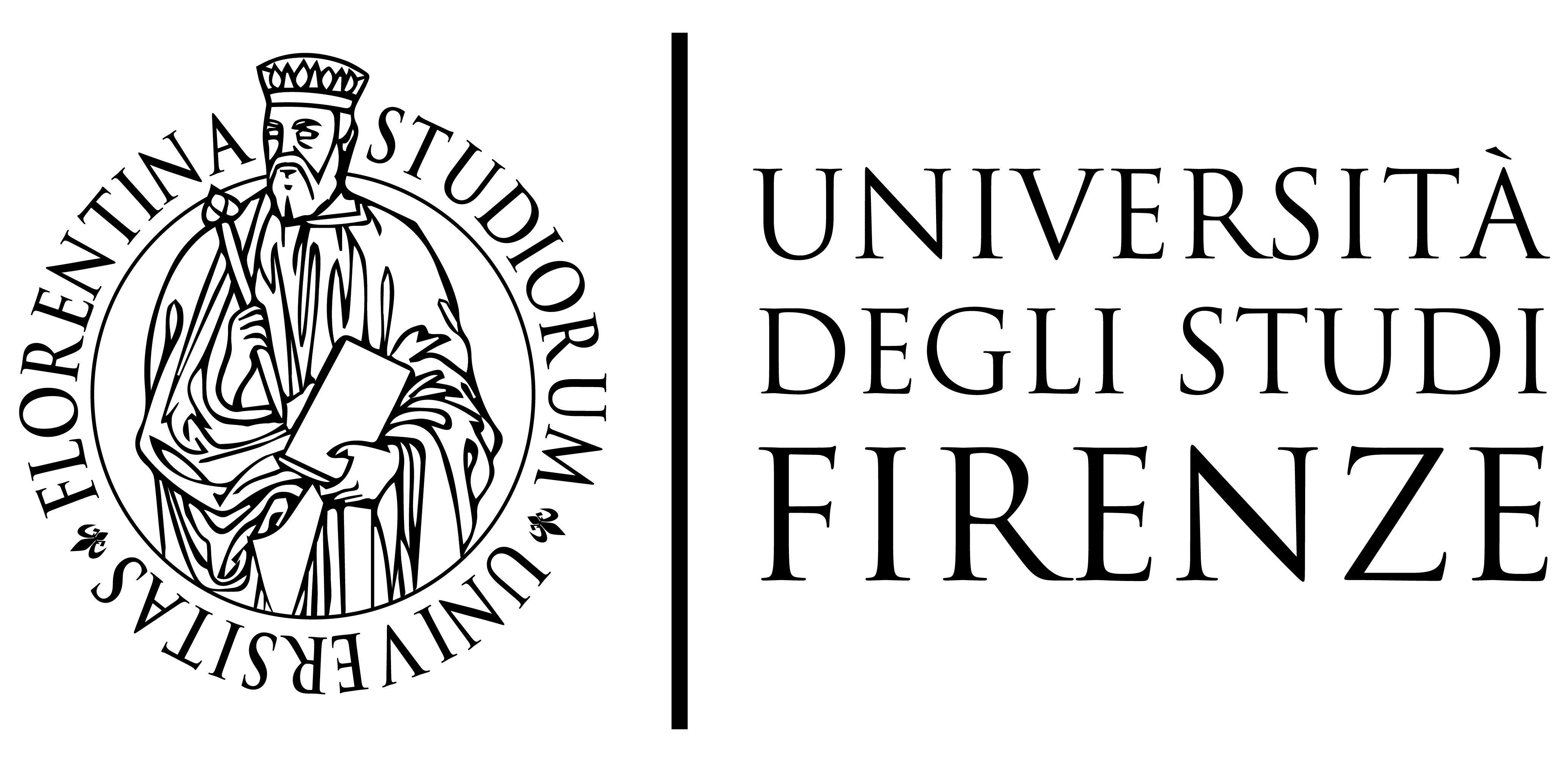 |
|---|
University of Florence – Italy [https://www.unifi.it]
The University of Florence is an important and influential centre for research and higher training in Italy, with 1.800 lecturers and internal research staff, 1.600 technical and administrative staff, and over 1.600 research assistants and doctoral students. It is one of the largest in the Italian university system, offering a wide range of study programmes at various levels and in all areas of knowledge. In fact, the University of Florence has 126 Degree courses (First and Second Cycle, corresponding to Bachelor’s and Master’s Degrees) organized in 10 Schools and 24 Departments, with a population of about 51.000 enrolled students, one-fourth of which comes from outside of Tuscany. The University has a budget of around 450 million Euros per year, half of which comes from State funding, 20% from student charges, and the rest from research and other institutional activities. There are over 9.000 degrees awarded each year in Florence. The University of Florence’s goals and mission are the processing and transmission of knowledge and advanced learning, in accordance with the freedoms of research, teaching, and learning. It promotes the internationalization of scientific and educational programmes. The University cooperates with several other local, national, and foreign institutions to increase the quality and effectiveness of its activities.
Project Team
Prof. Mauro Guerrini - (Former Coordinator/Emeritus Full Professor) - University of Florence, Department of History, Archaeology, Geography, Arts and Entertainment
Asst. Prof. Valentina Sonzini (PhD) - (Corporate Coordinator/Researcher) - University of Florence, Department of History, Archaeology, Geography, Arts and Entertainment


